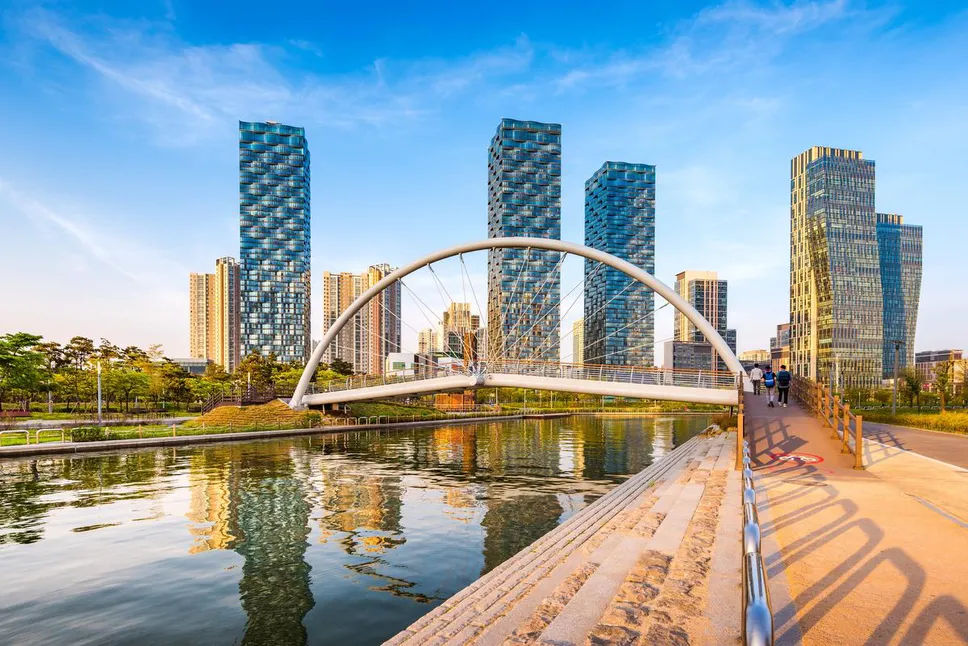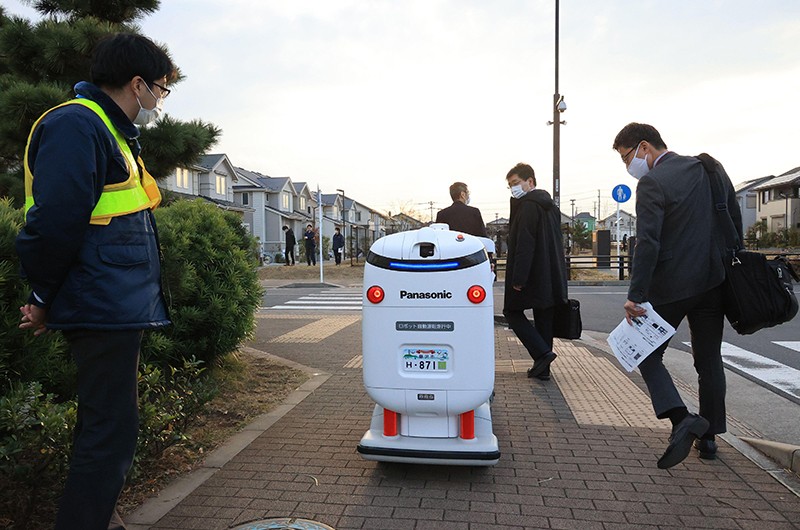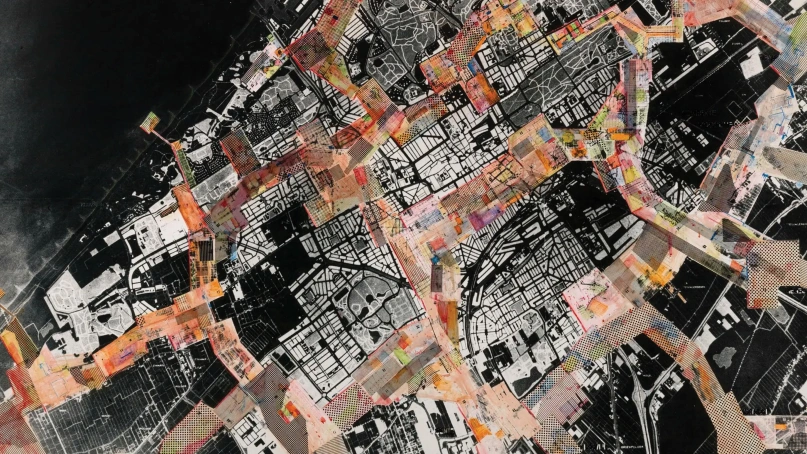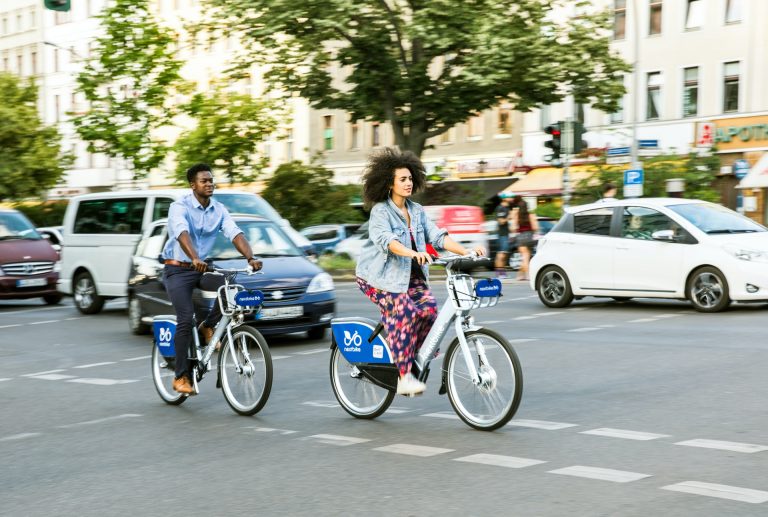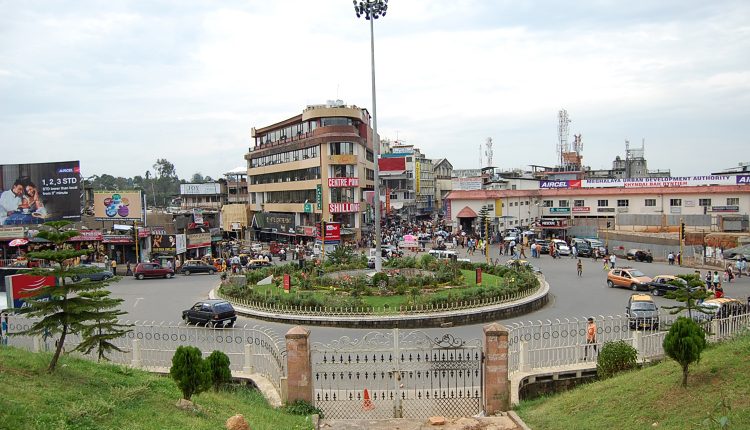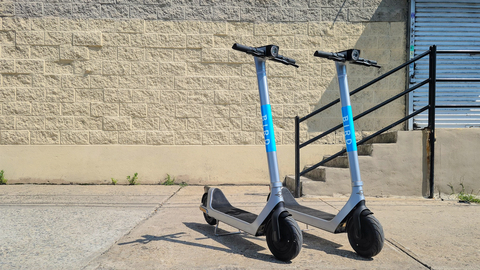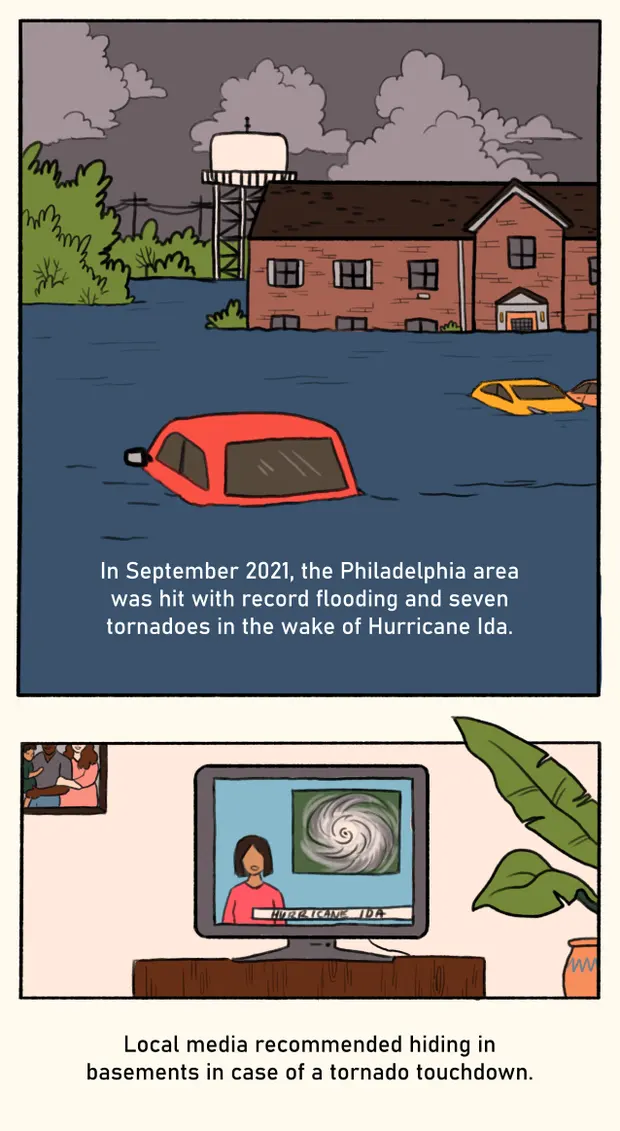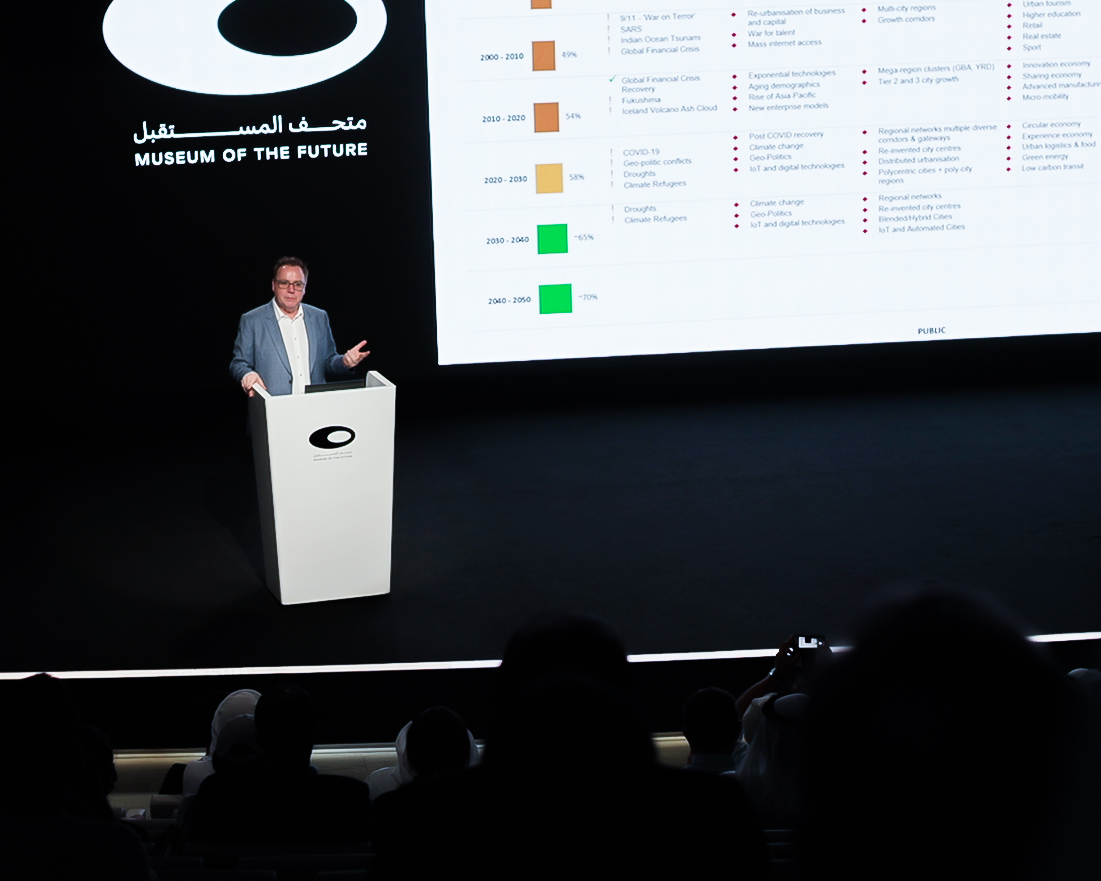
2021 looks to be a pivotal year in the fight against climate change. With many global economies setting mid-century net zero carbon reduction targets, the pressure is on to develop strategies to bring down emissions in our cities, save energy, and speed up the transition to renewable energy.
Against this backdrop, demand for urban space will continue to grow – according to the UN Department of Economic and Social Affairs (UN DESA), 55 percent of the world’s population live in urban areas, a proportion that is expected to increase to 68 percent by 2050.
So, how can this demand be met, without compromising on sustainability?
With cities and their buildings currently accounting for 65 percent of global energy demand, the growth of smart cities is seen as a crucial way to tackle the climate challenge. A modern city demands intelligent combinations of data, people and technology to create inclusive and sustainable solutions.
As such, smart buildings are increasingly taking a leadership role in the development of smart cities and are widely recognised as essential tools in meeting the many challenges that we face today and in the future, including achieving net zero targets, security and demand for greater interoperability.
+INFO: IoT News




